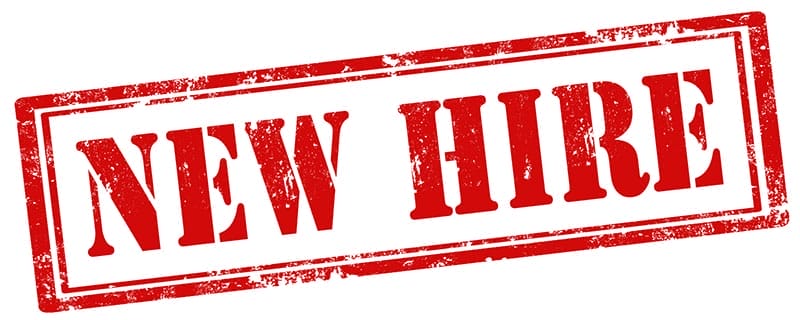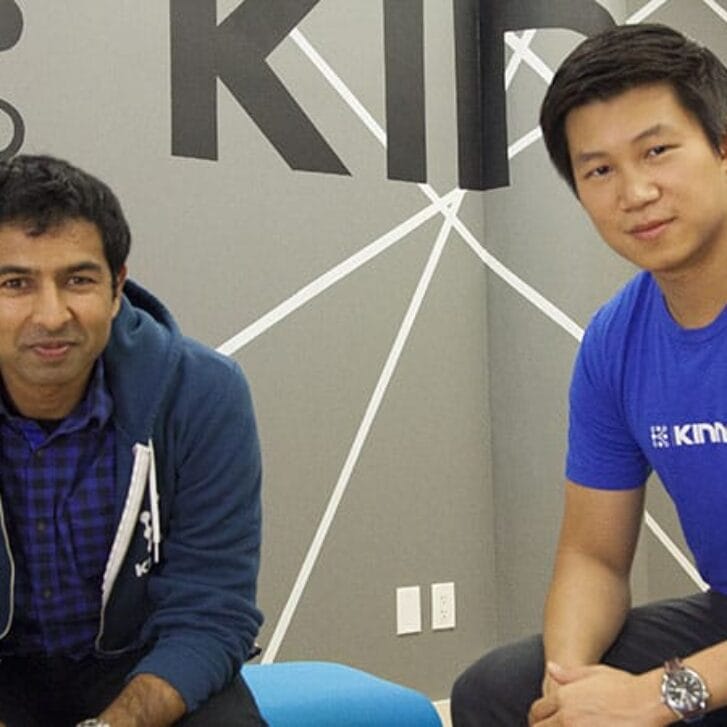Hiring high-quality people is extremely difficult as anyone who has ever been tasked with doing it knows. One of the things that makes it so hard is that it’s not easy to differentiate between good and fantastic candidates at the interview stage. Lots of candidates are good conversationalists and can muster a decent presence in consecutive rounds of interviews. Not to mention, practice makes perfect. As candidates have more interviews, they become better at playing the “interview” game.
How do you break through the noise?
The answer lies with reference calls.
Chatting with candidates’ professional references is critical to any good hiring process. There’s no silver bullet that will solve all your hiring problems, but if done properly, reference calls can really transform how your company filters through candidates as they reach advanced stages of discussion.
As Josh Hannah, a Series A lead investor in my company, Kinnek, told me once, the most important thing to keep in mind here is: “Be mentally prepared to reject a candidate based solely on their reference calls.”
Most companies tend to only call references when company managers have pretty much made up their minds to hire a candidate. It’s really more a ceremonial procedure whose only utility is possibly finding massive red flags: “Yeah, Johnny is a fugitive from the law right now, fyi.”
When you make the reference calls, be cognizant that the references will naturally be inclined to say nice things about their friend or co-worker. Almost any reference will say things like, “She was very nice and easy to get along with,” or, “He was smart and hard-working,” even if the candidate was not amazing. That’s par for the course. So that’s the big question. How do you get people who are inclined to say nice things about a candidate to possibly say something that could lead to a rejection?
You must ask questions that are pointed, and which have very definitive answers. You want to ask questions that would be very difficult for the reference to give a positive-sounding but canned type of answer to.
Here’s a clear example. If you ask, “Is Sally a good engineer?” it is easy for a reference to reply, “Yes, Sally is a pretty good engineer.” That doesn’t tell you much. It’s pretty benign. Now, imagine if you asked a more pointed version of that like, “Is Sally the best engineer you have ever worked with in your career?” That would lead to a very different discussion. If Sally really was the best engineer that the reference has worked with, that is awesome! Great news! If Sally isn’t, the reference at the other end of the phone may still try to say something positive about the candidate, such as, “Well, it’s tough to say she is the best, but Sally was a good engineer, I’d say top 25 percent of engineers I’ve worked with.” Now you can dig deeper, and ask, “Well, what separates Sally from the very best engineers you’ve ever worked with? How come you wouldn’t say she was in the top 5 percent of engineers you’ve ever worked with?”
In this way, you can get a reference to give you some clearer, more honest insights into the weaknesses and strengths of a candidate.
Here are some other good questions to ask references:
- If speaking with former managers, ask, “Did you ever promote Sally? Did other people get promoted at the company while John worked there, and if yes, how come Sally didn’t?”
- If speaking with former managers who have moved on to other endeavors after having worked with Sally, ask, “Did you try to hire Sally away into your new company or a new team? If not, why?”
- For a current or past supervisor: “Do you have any advice for someone who might manage Sally in the future, about what are the best ways to keep her productive, and keep her happy?”
- Or: “Here is a list of responsibilities that Sally would be assigned here at our company. What do you think about her ability to handle all of those?”
The next time your team is excited about a candidate after a set of interviews, take a step back and wait to do a thorough reference check. Call three to four professional references—don’t just chat with their college best friend or neighbor—and ask the hard questions that will yield the real lowdown on the candidate. If after that process you’re still excited to bring them onto the team, then you know you’re making the right call.


























